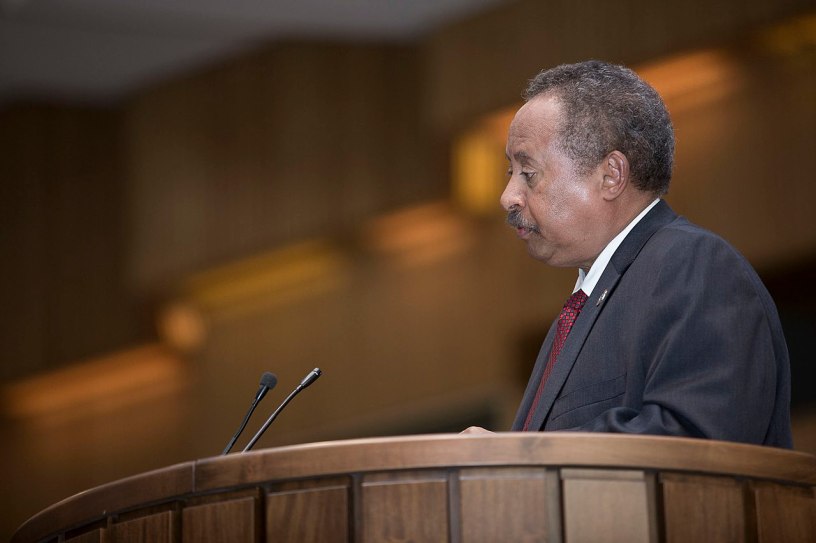Sudan’s political future was thrown into further turmoil on Sunday when Abdalla Hamdok announced that he was stepping down as Prime Minister. The African nation has been experiencing political turbulence since a military coup in October 2021, when Hamdok himself was placed under house arrest for a brief period.
In a televised address, Hamdok said, “I have decided to return your fidelity to you and announce to you my resignation from the position of Prime Minister to make way for another of the daughters or sons of this generous country, to complete the leadership of our dear country and cross it during the remainder of the transition to the civil, democratic, reviving state.”
Shedding light on the political crisis in the African nation, Hamdok said, “The major crisis today in the homeland is primarily a political crisis, but it is gradually evolving and revolving to include all aspects of economic and social life, and is on its way to becoming a comprehensive crisis.” He explained the breakdown of a fragile agreement between the civilian government and the military saying, “My acceptance of the assignment to the position of Prime Minister in August 2019 was on the basis of a constitutional document and political consensus between the civilian and military components, which I preached as a unique Sudanese model, but it did not survive with the same degree of commitment and harmony with which it began.”
He further explained, “What is more dangerous is the accelerating pace of divergence and division between the two partners, which is reflected on the government and society, and the repercussions of those divisions reach the society and its components. Hate speech, treason and non-recognition of the other appeared, and the horizon of dialogue between everyone was blocked; Which made the transition process fragile and full of obstacles.”
Hours later, Special Representative of the Secretary-General, Mr. Volker Perthes issued a statement saying he “remains concerned by the ongoing political crisis following the military coup of 25 October, which risks further derailing progress made since the December revolution,” and is “is deeply concerned by the number of civilians killed and injured in the context of the ongoing protests.” The SRSG reiterated, “The aspirations of the Sudanese people for a democratic path and completing the peace process should be the cornerstone of all efforts to solve the current crisis.”
*Feature image: File picture via Wikimedia Commons.
